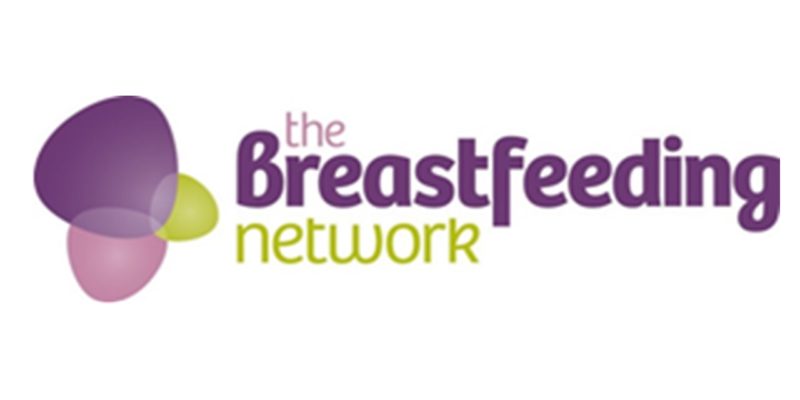
The pandemic has brought changes to everyone’s lives but the impact has been especially hard on new parents and families in the UK. With the majority of women in the UK stopping breastfeeding before they want to we knew as a breastfeeding support charity, way back in March, that our remote support services would be needed more than ever. Aided by a strong culture of can-do and home working combined with well-honed telephony skills across our volunteers we have been able to extend a ‘virtual arm of support’ around new parents at a challenging time.
With a winter lockdown on the cards for the whole of the UK there is understandable growing concern about the toll that lockdown is taking on the wellbeing and isolation of new parents and families. Mothers looking for breastfeeding support since March have found that their usual services and support networks have been drastically cut back or completely gone. Women have expressed feelings of worry and of being overwhelmed as healthcare professionals struggle to meet demand or are redeployed into other areas of work. With the situation unlikely to change in the coming months we need to continue to strengthen and publicise our support services, ensuring the third sector contribution is recognised and that we are resourced to keep support available.
Responding to the crisis
For mothers and families we have strengthened the National Breastfeeding Helpline offer. Against the usual opening hours, we are answering the majority of calls across our volunteers and a small team of voicemail handlers as well as dealing with more enquiries on social media. With calls often lasting around 20 minutes that is a lot of listening and breastfeeding support being given – a lot of time to help support wellbeing, improve confidence and support a positive breastfeeding experience.
We know that breastfeeding works best when women receive high quality support both in hospital and the community so it was with a heavy heart that we suspended our face to face support services including community drop-ins, training, support on maternity wards and home visits in March. Since then some face to face support has operated but under the strictest of arrangements in collaboration with local health teams. To overcome these challenges local areas, supported by a small central team, have worked to trial support through new digital platforms such as Near Me video calls, Zoom and Microsoft Teams.
In Forth Valley, to help ensure parents didn’t miss out on vital early support we established a team of peer supporters who ring new mothers within 48 hours of discharge from hospital to offer support with breastfeeding and a listening ear. In Ayrshire, our peer supporters offer support alongside an NHS infant feeding team and they quickly adapted to offer phone and video support. In June they were able to go back to offering support on the wards at the Ayrshire maternity unit and in September they restarted home visits with strict guidelines and protections in place. This is possible because of our close working relationships with NHS partners and because of the value of third sector support being available for families being clearly recognised by all involved.
Throughout all the changes we have been proactively asking for feedback from parents to help us improve and adapt the support to meet the needs of families. New mums tell us that there is a lack of skilled support with breastfeeding as access to health professionals is reduced and also a huge feeling of social isolation. Many women have now spent their entire maternity leave in lockdown or with various restrictions on socialising. To try and help with this we have developed a mix of online group support using Zoom, 1:1 support over the phone or using NHS Near Me, and support being offered via private Facebook message. To help ensure volunteers felt confident with these changes we quickly developed an online training course about supporting online and via social media for our volunteers. Since April we have been running 12 virtual support groups each week in Scotland as well as offering weekly 1:1 support sessions for mums to book into. Several of these sessions are specifically targeted for pregnant mums to share information about feeding before their baby arrives and to help them build social networks with other pregnant women and new mums.
We have also had to adapt how we work internally and how we train and support volunteers. Within a week of lockdown, the Helpers training was transferred into an online format with Zoom classes and online learning. This has now been expanded to enable courses to be delivered around the country. Supervision has become an online experience for all volunteers and is being actively accessed by many, even in the absence of volunteering opportunities – helping volunteers to reflect on their practice, access support and stay connected at this difficult time.
Shereen Fisher, Chief Executive for The Breastfeeding Network
Useful links
For the latest information about support being offered https://www.breastfeedingnetwork.org.uk/peersupportprojects/
Frequently Asked Questions on Breastfeeding and C-19 https://www.breastfeedingnetwork.org.uk/coronavirus/
